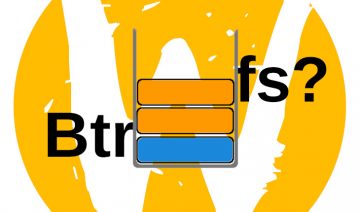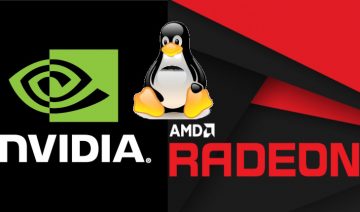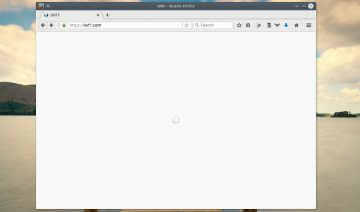One of the biggest barriers in the way of many people who wish to switch to an open source OS such as Linux – is the installer they encounter upon making the switch, in some cases it can even be the lack of one.
It’s not too rare to find new users to Linux straggling against the new way of doing things.
The ‘learning curve’ is quite big (especially for those who are unfamiliar with Unix/-like systems) and the newbie’s time and patience may often be limited too.
The thing is, when you install MS Windows – there’s only one installer you need to know, when you install Apple’s OS X – again, there’s only one installer you need to know.
However, when you install Linux – there’s a plethora of installers you may encounter along the way.
Of course, diversity isn’t necessarily a bad thing, quite the contrary, sometimes it may even be considered a boon, yet not in the case of new users who already have aplenty of ‘learning curve’ to catch up with.
This is where Calamares comes in handy…
Enter Calamares
Calamares is a distribution independent installer framework or, in other words, a unified installer for all Linux distributions.
According to Teo Mrnjavac, the author behind the idea, the main motivation which got him creating the project was:
“…many successful independent Linux distributions came with lackluster installers, and all of these installers were a result of competition rather than cooperation. Improving one of the existing installers wouldn’t have fixed this, as every installer was more or less distribution specific.”
Therefor Calamares was born. In time, more and more contributors have started joining the project, among them are: KaOS, Manjaro, Maui and Netrunner developers, which later joined by Fedora, BBQLinux, OpenMandriva and the KDE Visual Design Group.
Thanks to everyone who contributed, yesterday, the first iteration of the project – Calamares 1.0 was finally released and these are some of the features it carries:
Calamares Feature Highlights
- A completely modular design
- An advanced partitioning tool, with automation and resize functionality and both DOS and GPT partition table support
- A self-contained branding component mechanism, which allows distributions to ship a consistent user experience without patching
- A collection of over 25 modules, ranging from boot loader support to partitioning, to user management and much more
- A threaded job executor, with C++ and Python API
Obviously, the project is still in its infancy and there’s much more to build, add and fix about it, though personally, I believe it’s off to a good start nonetheless.
Which and whether Linux distributions decide on embracing Calamares as their own default installer in upcoming future is yet to be known, but one thing is for sure – it’s good to have a choice.








